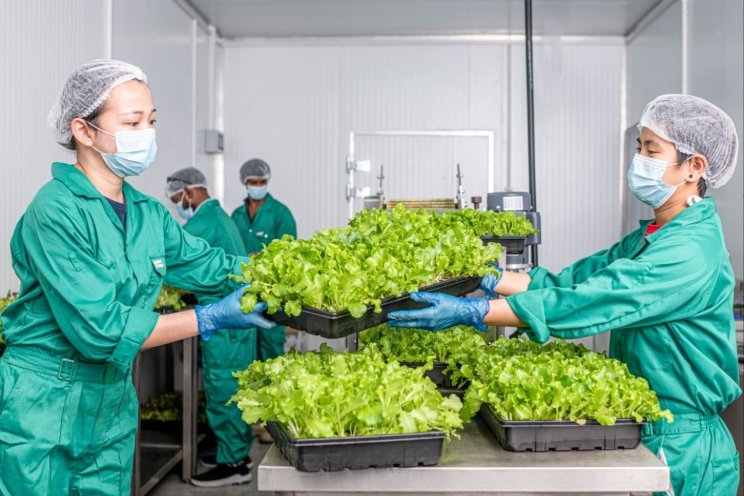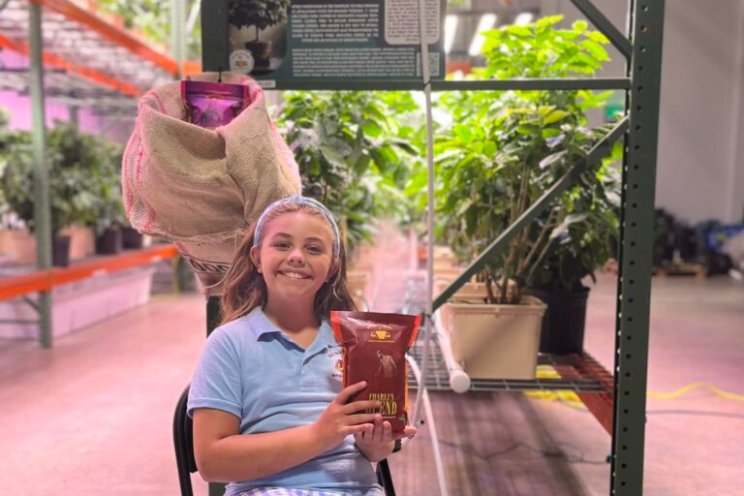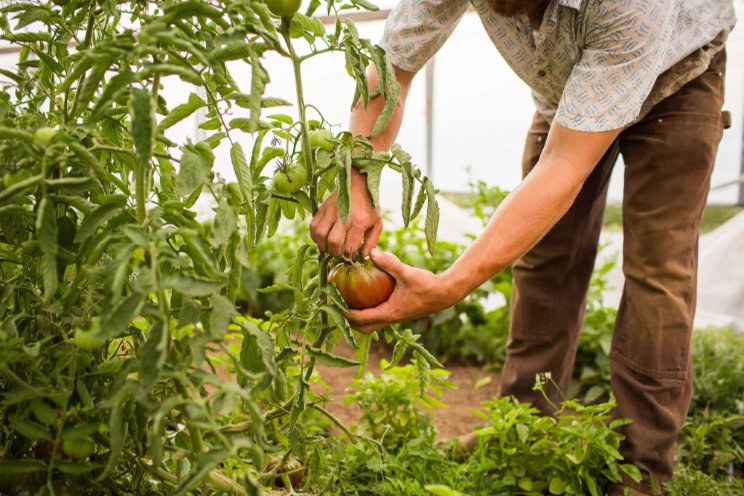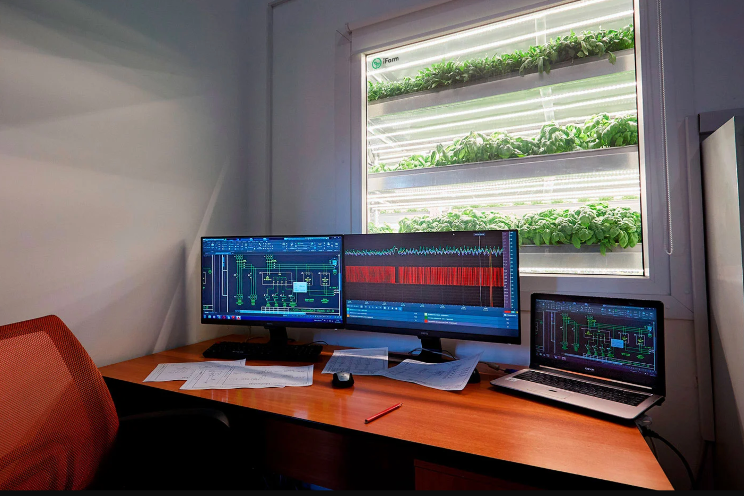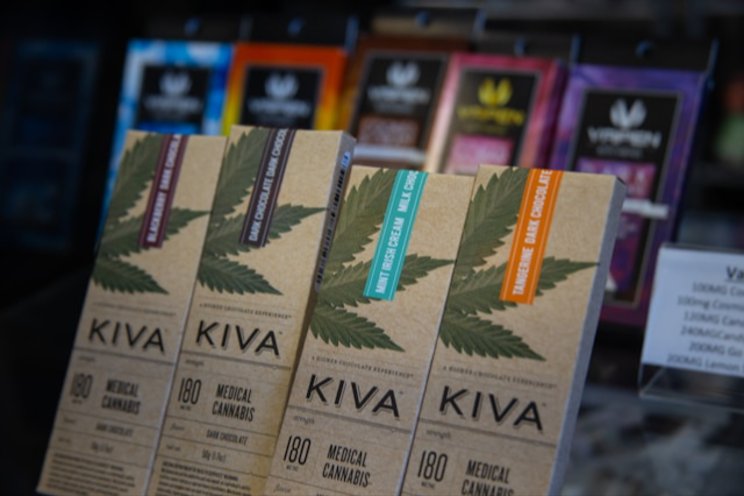Ensuring customers receive their orders on time with no errors
Added on 12 January 2022

About Peter Hendriks
Peter has been at Grodan as Supply Chain Manager for North and West Europe for approximately six years, since September 2015. After graduating with a degree in Economics from Maastricht University in the early 1990s, he found employment at a European distribution centre for high-tech products and has been involved in logistics ever since. "I spent many years working at CRH, a global building materials group which, at that time, was actually a competitor of Rockwool in the construction industry," says Peter. "My daily commute took almost two hours from my home in the Venlo area of the Netherlands to the offices in Dordrecht. When organizational changes meant that the office would be moved even further away - to Amsterdam and possibly even Paris - I decided to look for a job closer to home, and that's when this opportunity at Grodan arose. It's now just a half-hour drive into Grodan's offices in Roermond, where I have a team of around six people who are responsible for placing sales orders with the factory, coordinating deliveries with our customers and our transportation planning department, and following up with customers in the case of delivery issues. Needless to say, I've been working from home a lot due to COVID-19 restrictions but that's pretty doable as long as I have access to a phone and a computer."
How do you contribute to Grodan's success?
In a nutshell, my role at Grodan is to make sure that our customers receive the products they've ordered from us 'on time, in full and with no errors', as we say in supply chain management. That can be pretty challenging, especially in our peak season between October and January. That's when the majority of our products have to be delivered, because it's when most growers in our region have finished their previous cycle and are getting ready to plant the next one. If we had to make everything just in time for delivery in that period, we'd need three times as much production capacity to cope with the demand, so we try to make products in advance whenever we can. Rather than looking at historical data, we work closely with our sales team to look ahead and forecast the probable future demand as accurately as possible. One of the keywords in this role is 'balance': it's about balancing the manufacturing capacity in our factory in Roermond, our storage capacity in the warehouses and our transportation capacity. Things always get a little tense when we approach a 'tipping point' - that's when we see whether our calculations were right, and whether the planned deliveries to customers will free up enough space in the warehouse for new supplies from our factory. Sometimes warm weather in September and October can extend the growing season and mean that customers delay their deliveries for a couple of weeks, which can create storage bottlenecks. Likewise, the distribution plan can be a real puzzle for the team since there's a limit to how much we can deliver per day, and our customers' plans sometimes change at the last minute. That's one advantage to Grodan being part of Rockwool; we have some room to manoeuvre between the allocated transport capacities across the various business units, so we're always able to find a solution.
Collaboration is essential to keep the supply chain running smoothly. In fact, I often say that - irrespective of which sector you work in - logistics is 20% about moving products around and 80% about exchanging the necessary information. For example, over the past six years I've put a lot of effort into ensuring that all colleagues - especially in production and transportation - and also partners understand that our products are time-critical, unlike most other products manufactured by Rockwool. A slight delay often doesn't matter for installation products, but growers are working to a very tight schedule and a delayed delivery of Grodan products can mean that the greenhouse isn't ready for when the plants are delivered. The same holds true for quality - a slight dent might not be an issue in a cladding panel, but even a tiny hole in the plastic wrapping is enough to make a Grodan slab defective. I must say that great progress has been made over the past six years, but it continues to be a quest. It helps if people understand why we ask them to do things, so we organize regular meetings, site visits, customer visits and big annual events - for partners as well as employees - to make our priorities clear.
I was involved in another example that illustrated the importance of collaboration last year. We have a small extra factory in Breda which was suffering performance issues, so I worked together with the site manager to try to turn things around. After analysing the existing processes and bottlenecks, we decided to set up a system of weekly meetings bringing together the various disciplines, including production planning and sales as well as supply chain. By improving communication, the factory had a clearer picture of what was coming and could plan the capacity better. Since then, we've succeeded in streamlining the processes and are back on track to deliver the right quantities in the right time frame.
What do you like about working at Grodan?
I like the fact that there is such a strong focus on quality and that, together with my colleagues, I'm directly involved in resolving any issues that arise relating to what's produced here in Roermond. Within Grodan and the other Rockwool entities, we have quite demanding customers who help to keep us on our toes. But even if things are going well, we're always looking for other opportunities to improve, whether in terms of better service or lower costs. It's not so much a continuous improvement programme, but rather a culture. We're always trying to do things a little bit better every day, and the company is happy to spend time and resources on that. So that creates a nice dynamic and keeps things interesting and challenging. Besides that, the fact that our products contribute to a better world - such as by increasing food production and reducing the use of soil, water and pesticides - gives our work an extra dimension and makes it even more rewarding.
What do you think many customers don't know about Grodan?
I think most people would be amazed by the sheer volume of products that we ship between October and January. The numbers are just incredible. At peak times, we have more than a hundred trucks leaving our storage locations and our factory in Roermond each day. These volumes can't all be handled by a single forwarder, of course, so we work with several different partners. We collaborate very closely and they take care of our business very well - we couldn't do it without them.
If you were a grower, what crop would you cultivate, and why?
A few years ago I visited a local customer who grows gerberas. It was a lovely spring day, lots of sunshine and blue sky. I'll never forget the sight of the flowers in his greenhouse, it was a mass of colour - simply magnificent! So I would definitely grow gerberas, and if I did I think I would walk around with a huge smile on my face every day!
Source and Photo Courtesy of Grodan
Source: Grodan
More news

